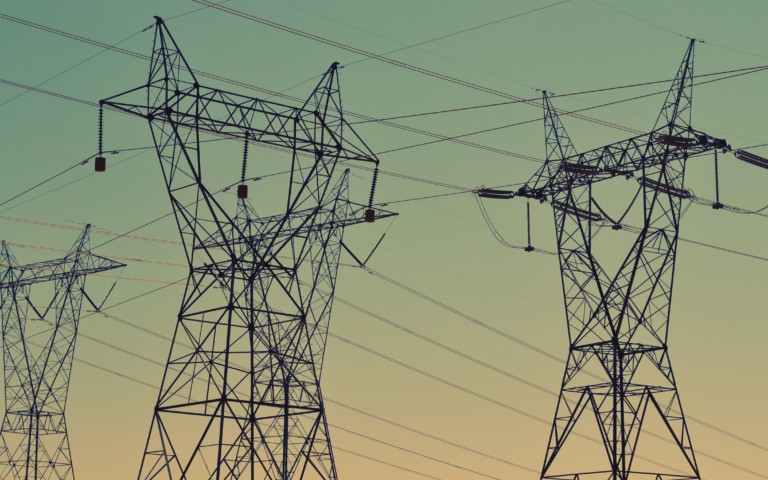When our programmeme began in 2012 it was entitled Resilient Economies, with a focus on recovering from the economic slump in the wake of the 2008-09 financial crisis. But a review suggested that ‘resilience’ no longer resonated with people – memory is short and the idea of recovery from the brink of economic disaster no longer made sense. So, we shifted our focus from recovery and resilience to building and framing.
Today, the conditions created by the coronavirus pandemic have once again raised the issue of of resilience to shocks and the ability of the economy and society to withstand and adapt to the need to change. It has also brought into sharp relief questions such as what a resilient economy that is responsive to society looks like; what we can learn from models of how systems change; and where personal well-being fits in.
When the Foundation was framing its programmeme, we commissioned the New Economics Foundation to map areas for our programmeme to explore. Our view is that the economy operates at the highest level, providing a framework for exchanging goods and services and includes legislative and regulatory frameworks. But it also operates at a local level – which is how most people experience the economy – and most often the level at which they attempt to change it.
At the local level in the UK, a resilient economy is one that is producing goods and services at an appropriate scale to support a balanced and diverse local and regional economy; adapting to climate change by reducing its reliance on fossil fuels, reducing its ecological impact through the environmental transformation of infrastructure (energy, transport and waste), and making more effective use of resources; supporting investment in social as well as financial capital, which aims to address poverty and inequalities (of income, wealth, time, access and control over productive resources and carbon); supporting individuals and groups to experiment, develop and strengthen their adaptive capacities (i.e. self-organising, innovation and learning); comprising structures (enterprises, public organisations and government) that support people to live the lives that bring them well-being.
Thinking about how change happens – particularly in relation to systems as huge at the economy – we found the adaptive system model helpful in relation to resilience. We thought about the economic system – as it was in 2012 – and where the interventions we supported might cluster. Although we thought about funding in terms of maturity, collapse, renewal and growth it was growth – building a “new normal” – prototyping new ideas and trying out different systems – where we struggled to fund credible projects, possibly because our assessment models and understanding of acceptable risk was wrong or that ways of talking about impact are still not quite calibrated to the long timescales and high failure rate of tomorrow’s interventions, today.
It’s fair to say that this has real relevance today in terms of well-being and financial health and the model of well-being in the NEF report may once again be helpful as we navigate a way through the Covid-19 context.
Watch Danielle addressing CHASM’s Annual Conference 2020 on Financial Wellbeing: Risk and Reward in Contemporary Society











